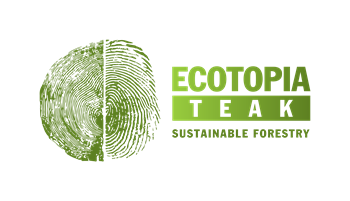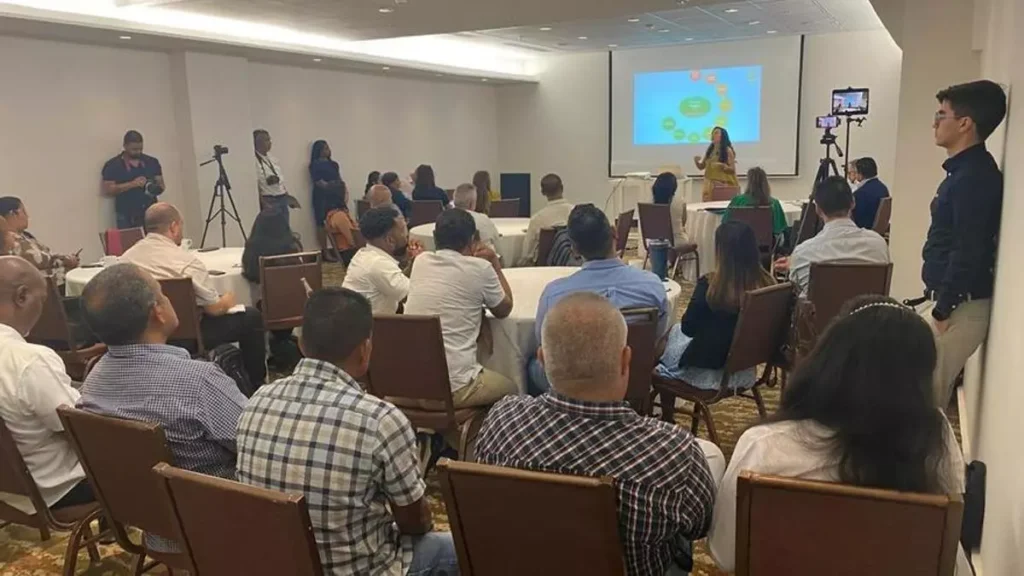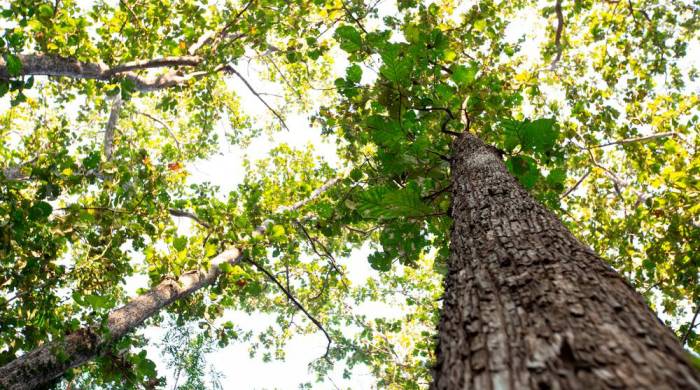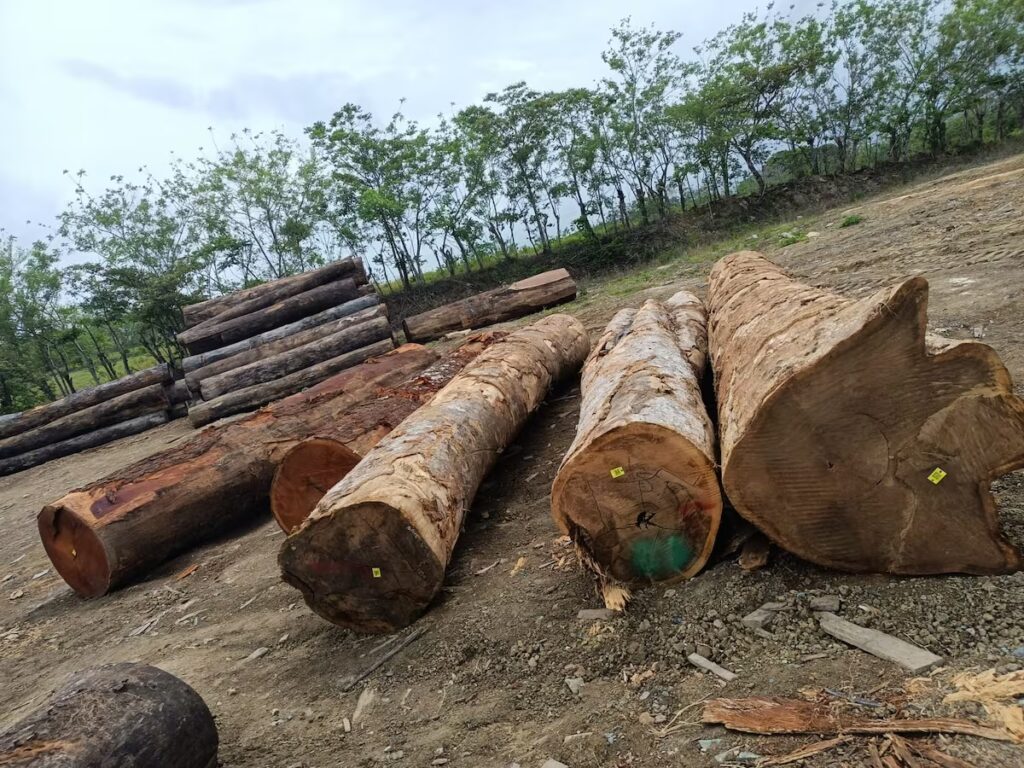Resounding success at the event on sustainability and responsible use of forest resources in Panama.
The Ministry of Environment presented the applications of new technologies for forest management in Panama. Redacción de TVN Noticias CITY OF PANAMA, PANAMA / On Monday, June 25th, the Sheraton Hotel witnessed a landmark event dedicated to addressing sustainability and responsible use of forest resources in Panama. Organized by Gente, Procesos y Tecnología – GPT S.A. for the Ministry of Environment, this informative session, specially tailored for journalists, brought together prominent experts and industry leaders who have made a significant impact on the country’s timber industry. The morning began with a warm welcome and opening remarks by the Ministry of Environment, followed by key presentations on strengthening forest control and expanding traceability systems in Panama. Cristhiam Aizprua and Vaneska Bethancourt highlighted the importance of ensuring legality and sustainability in the country’s forestry industry. The Ministry of Environment presented new technology applications for forest management in Panama / TVN Digital. The event continued with a deep dive into sustainability and the use of renewable and recyclable raw materials, presented by Denise Cisneros from Tetra Pak. Additionally, Bianca Morán Johansson shared insights on how forestry cultivation in Panama is contributing to sustainable development in the region, creating dignified job opportunities, and promoting innovative practices. This sector is the largest contributor to CSS in Darién. The Ministry of Environment presented new technology applications for forest management in Panama, highlighting the challenges and sustainable practices in the sector. Additionally, Rogelio Coto and Carlos Castro discussed the implementation of biotechnology in seedling production and reforestation, emphasizing the importance of genetic adaptation for successful projects. The highlight of the event was an interactive question and answer session, where participants engaged directly with the experts present, further enriching the exchange of ideas and knowledge. In summary, this event has marked a milestone towards a more sustainable and responsible timber industry in Panama. The organizers extend their thanks to all participants, speakers, and media for their support and commitment to environmental conservation and sustainable development. This event has marked a milestone towards a more sustainable and responsible timber industry in Panama / TVN Digital. About us Ecotopia Teak, S.A., we are a family-owned company dedicated to reforestation, harvesting, and exporting wood from commercial plantations. We work under high production standards and with social responsibility to obtain high-quality wood according to the needs and demands of national and international markets. Additionally, we actively contribute to the local economy by creating employment opportunities in the communities where we operate. Our commitment is to lead the industry in sustainable reforestation and wood production, preserving our natural resources and building a greener and more sustainable future. Facebook-f Youtube Instagram More articles



